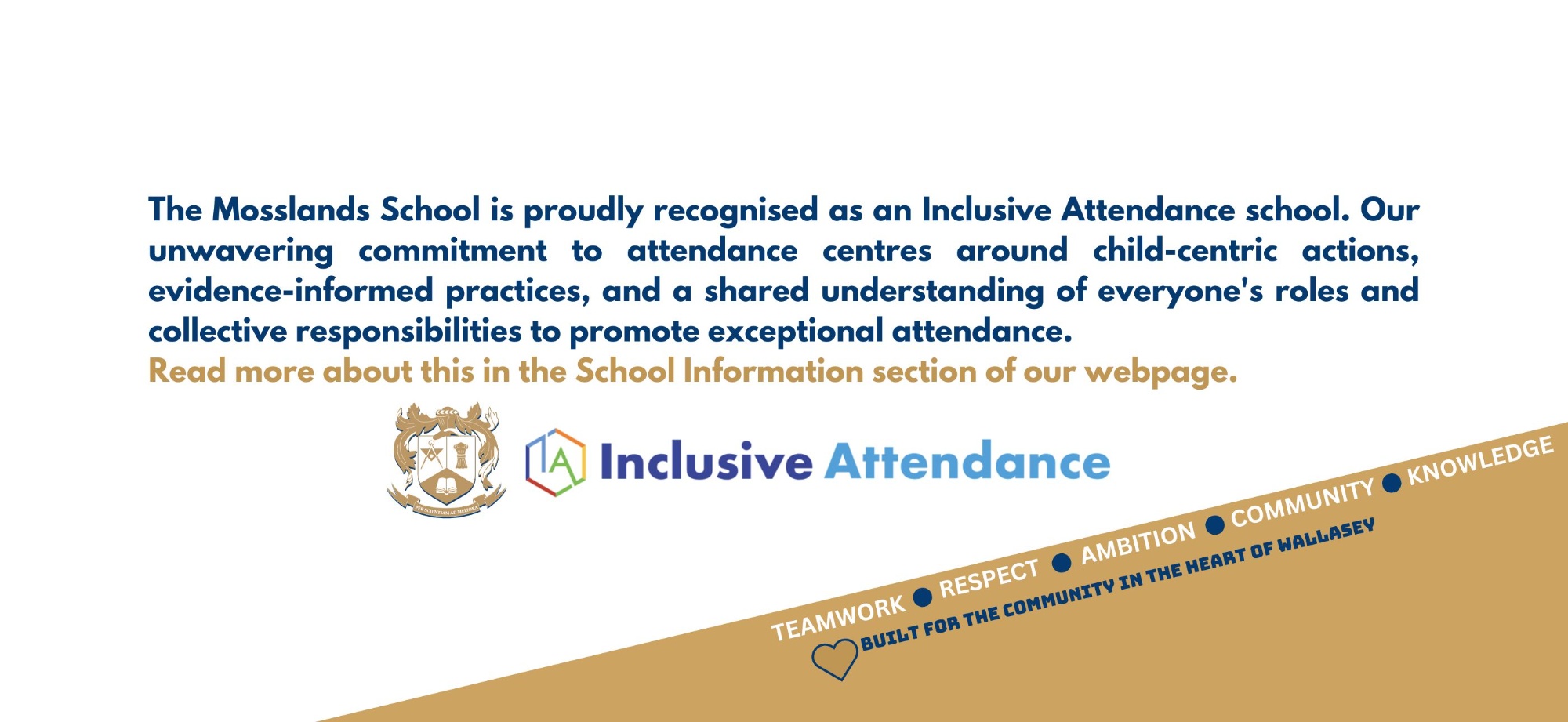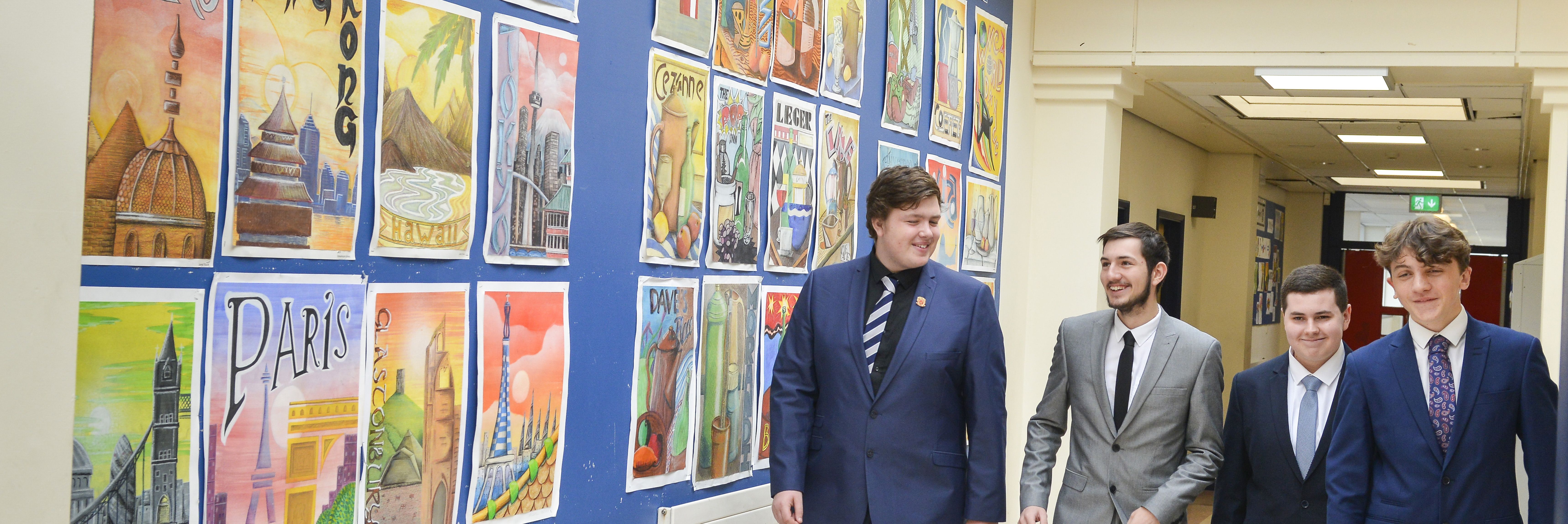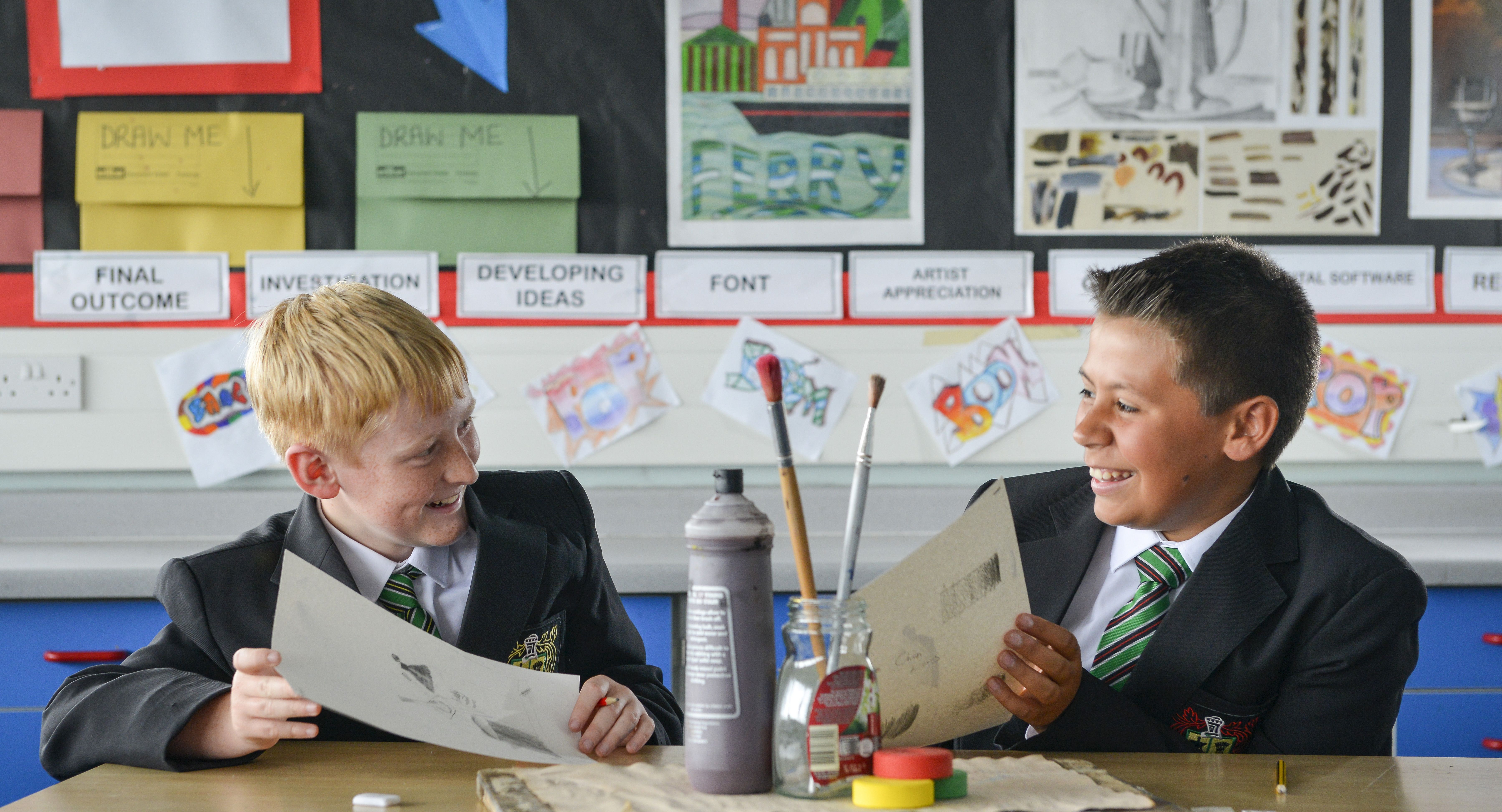Year 10
Curriculum Map
This curriculum map provides an overview of the languages journey students will experience throughout the academic year. It outlines the sequence of linguistic topics, cultural themes, and communicative contexts alongside key assessment points designed to monitor and support student progress. The curriculum is carefully sequenced to build knowledge progressively, with each unit providing the foundation for future learning, ensuring all students develop listening, speaking, reading, and writing skills appropriate to their age and stage.
| Half Term | Unit(s) of Work | Key Assessments |
| Autumn 1 | Je me présente Vocabulary: Introducing yourself, talking about friends, family and future relationships Forming and answering questions Using the near future tense and past tense Phonics: SFE (e, -es and -ent) and SFC se.g. -s, -t and -x (e.g. chose, jeux); - Pronouncing é, er, ez (mangé, manger, mangez) Culture: Exploring events in the francophone world Skills: Listening and transcribing letters including silent letters Asking questions in the perfect tense Using present and perfect tenses together |
Mixed Skill Assessment |
| Assessed Writing | ||
| Autumn 2 | Tu as du temps a perdre? Vocabulary: Talking about free time activities: including sport, media, online and staying active. Discussing pros and cons of the internet and lifestyle. Telling the time and giving time frequency. Grammar: Using the present tense (regular and irregular) Forming and answering questions Using the near future tense and past tense Phonics: SFE (e, -es and -ent) and SFC se.g. -s, -t and -x (e.g. chose, jeux); - Pronouncing é, er, ez (mangé, manger, mangez) Culture: Exploring events in the francophone world Skills: Listening and transcribing letters including silent letters Asking questions in the perfect tense Using present and perfect tenses together |
Mixed Skill Assessment |
| Assessed Speaking | ||
| Spring 1 | Mon clan, ma tribu Vocabulary: Pupils will develop comprehensive language skills focusing on personal identity, social interactions, and communication, discussing weekend routines, describing friends and friendships, and talking about celebrities and role models. Grammar : using emphatic and direct object pronouns, reflexive verbs in the present tense, and understanding the rules of adjective agreement and positioning. The unit will also enhance their ability to use multiple verb tenses, including present, perfect, and near future, and introduce adverb recognition. Phonics : è / aî / ai / ê (père, j’aime,), œu / open eu (sœur). ch pronounced as ‘sh’ (cheveux), Silent -ent at end of plural verbs; sounding, -ment at end of adverbs Culture: Multilingual francophone countries Skills: Describing photos, discussing celebrations and traditions, and extending sentences using sequencers and connectives, enabling pupils to communicate more sophisticatedly in French. |
Mixed Skill Assessment |
| Spring 2 | ||
| Summer 1 | Module 3 Ma vie scolaire Vocabulary: Learning about school life in francophone countries. Talking about school subjects and school life, discussing school rules, Talking about what school used to be like when you were younger and talking about learning languages. Grammar : Using comparative adjectives, Giving opinions with reasons, Using il faut + infinitive Expressing opinions, agreeing and disagreeing Using irregular verbs in the perfect tense, Using verbs in the imperfect tense Phonics: Pronouncing oi and oy Culture: School life in other French speaking countries. Skills: Translating into French. Using the imperfect, present and near future tenses Using negatives in different time frames |
Mixed Skill Assessment |
| Summer 2 | Module 4 En pleine forme Vocabulary: Food and mealtimes, giving opinions, healthy/unhealthy lifestyles, symptoms, advice, and future lifestyle plans. Grammar: Imperatives (vous & tu forms), partitive articles, modal verbs (devoir, pouvoir, vouloir), perfect tense, near future tense, imperfect tense, plus/moins, avoir mal + body part, and negatives (ne… pas, rien, jamais). Phonics: Nasal sounds (en, an, em, am, ain, in, aim, im) and eu. Culture: The Manger Bouger campaign and attitudes to health in French-speaking countries. Skills: Giving opinions and advice, using multiple tenses, distinguishing tenses when listening, role-playing, translating, and using context clues. |
Mixed Skill Assessment |











